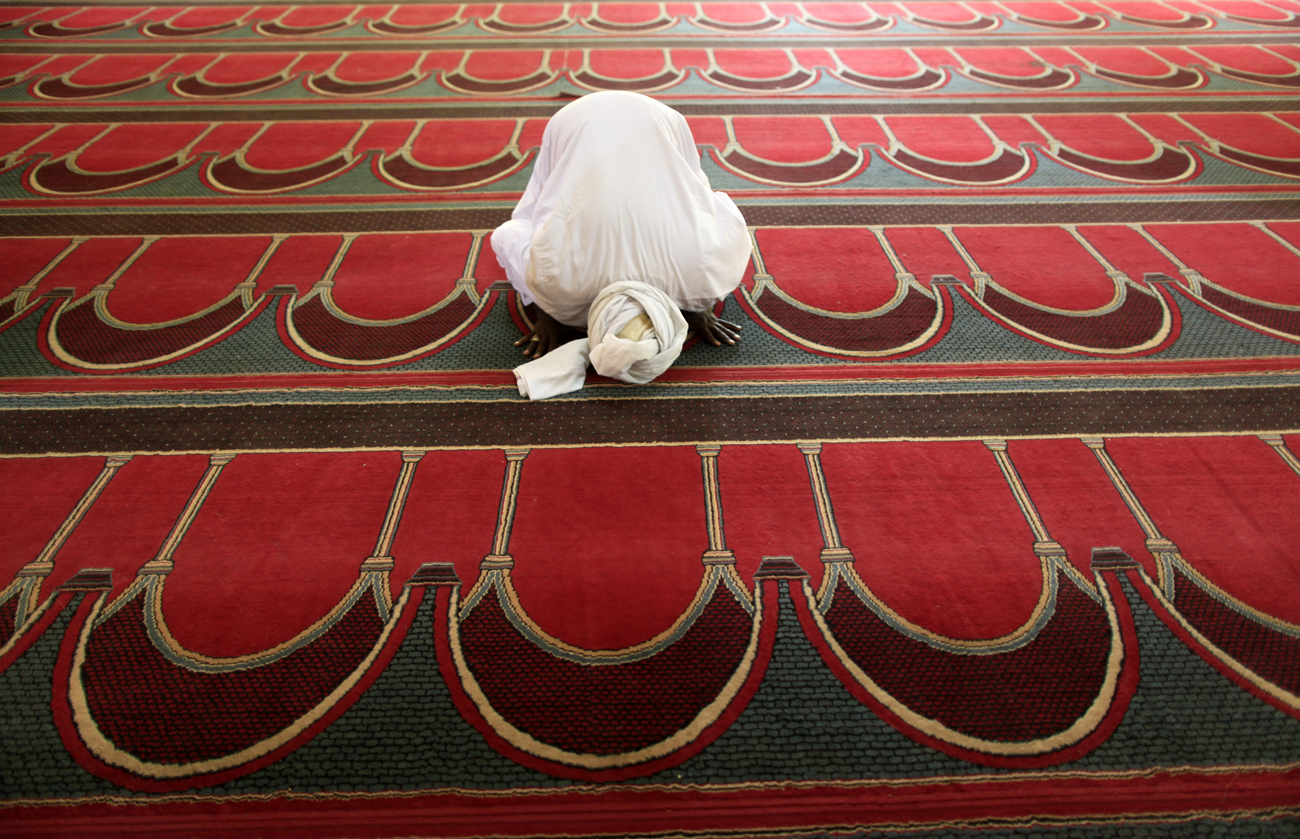In a not-unexpected announcement, Sudan’s beleaguered President Omar Al Bashir said his country would become Africa’s first proper theocracy. “Ninety-eight percent of the people are Muslims and the new constitution will reflect this. The official religion will be Islam and Islamic law the main source (of the constitution). We call it a Muslim state,” Bashir told Khartoum students in a speech.
Domestically, the move makes pragmatic sense. Without the south, Sudan doesn’t have to pretend to be tolerant and inclusive; it can just do what it wants. And it needs to do something. The government is perhaps the weakest it has ever been, with the secession of the south, a failing economy and the spectre of the international arrest warrant hanging over the president’s head all making the government weaker. Mass protests peaked this week when hundreds of people demonstrated against rising food prices – relatively small numbers, but still an unprecedented challenge to the government’s authority.
By turning Sudan into an Islamic theocracy, Khartoum will be hoping to consolidate support among the country’s majority Muslim population. And it’s also likely to persuade the mostly Christian southerners who remain in the north – a potential source of instability as far as the government is concerned – to get out, quickly. It’s estimated that over a million southerners have been stranded in the north after Sudan’s official split, unwelcome in the north but having no opportunities in the south either. Their Sudanese citizenship has been revoked, and if they want to stay, they must go through a long and complicated bureaucratic process. All this to remain in a country where their religion will be illegal?
The process of establishing the pre-eminence of Islam has already begun. Three churches in Omdurman, Khartoum’s sister city, were notified that their buildings were on government land (not true) and would be demolished shortly. In unwitting irony, the church buildings were marked with red crosses, to show the bulldozers where to start.
Religion in the old Sudan was a fraught subject. The rebellious south was mainly Christian or animist, while the north was strongly Muslim. Ever since independence, Sudan was ruled by a Muslim government and this was a large part of the problem for the south’s rebels. The new South Sudan, while officially tolerant of all religions, is overwhelmingly Christian. The north, in contrast, is overwhelmingly Muslim (although the 98% figure claimed by President Bashir is a definite exaggeration).
The move to entrench Islam as the source of law and authority for the northern Sudanese state will also have interesting geopolitical considerations. Sudan is, of course, an international pariah nation with very few friends. But among its allies, it counts two very different and rival Islamic theocracies: Saudi Arabia and Iran.
Saudi Arabia and Sudan recently announced an ambitious, long-term project to mine the bottom of the Red Sea which lies between them for a variety of precious metals including gold, silver and copper. The project is expected to cost billions to implement, most of which will come from Saudi, so the deal is a strong show of support for the regime in Khartoum. And as most of Sudan’s Muslims are Sunni, it would make sense that an Islamic Sudan is modelled on Saudi Arabia, which is also almost exclusively Sunni; this would give Sudan a rich and powerful friend, and give Saudi Arabia a sphere of influence in Africa.
But there are also Shia Muslims in Sudan, most of whom are based in Khartoum, the centre of power. And it’s also true that the Sunni-Shia divide in Sudan has never been a major political issue, thanks perhaps to the influence of Hassan Al-Turabi, which looms large over Sudanese politics. For years, Turabi was Bashir’s chief ideologue, before Bashir got nervous about his popularity and put him under house arrest. But Turabi was a vocal proponent of a kind of pan-Islamic ideology which ignored the differences between sects in favour of presenting a united front. He was even rumoured to have accepted money at one time from Iran, a Shia theocracy, which was trying to establish a Shia foothold in Africa.
Iran is still looking for an African foothold. Three short weeks ago Iranian President Mahmoud Ahmadinejad was in Khartoum, pledging support and cooperation and bonding with Bashir in their shared persecution complexes. The narrative which emerged from the leaders’ statements was very much one of Sudan and Iran, together against the world; allies against what Ahmadinejad termed the “powers of arrogance”. Is Sudan’s sudden move toward entrenching Islam further into the DNA of the state a sign of a growing closeness with Iran?
Perhaps. For now, the full geopolitical implications of Khartoum’s decision remain obscure. But what is clear is that this represents a comprehensive rejection of Africa in favour of the Middle East. It’s not difficult to see why Khartoum might feel alienated by Africa. Sub-Saharan African countries have been falling over themselves to celebrate the birth of South Sudan, and the African Union has been similarly effusive. Sudan’s also been frustrated in its attempts to rejoin the Intergovernmental Authority for Development, the Horn of Africa regional body, which is stalling until South Sudan submits an official application for membership. So it makes sense that Khartoum would look east for friendship rather than south, and in so doing emphasise the main thing it has in common with its Middle Eastern allies: Islam. DM
Read more:
- Bashir says Sudan will adopt Islamic constitution on Reuters Africa;
- Officials in Sudan threaten to raze three church buildings on Compass Direct;
- Ahmadinejad says Iran, Sudan are allies against ‘powers of arrogance’ on CNN.
Photo: REUTERS





